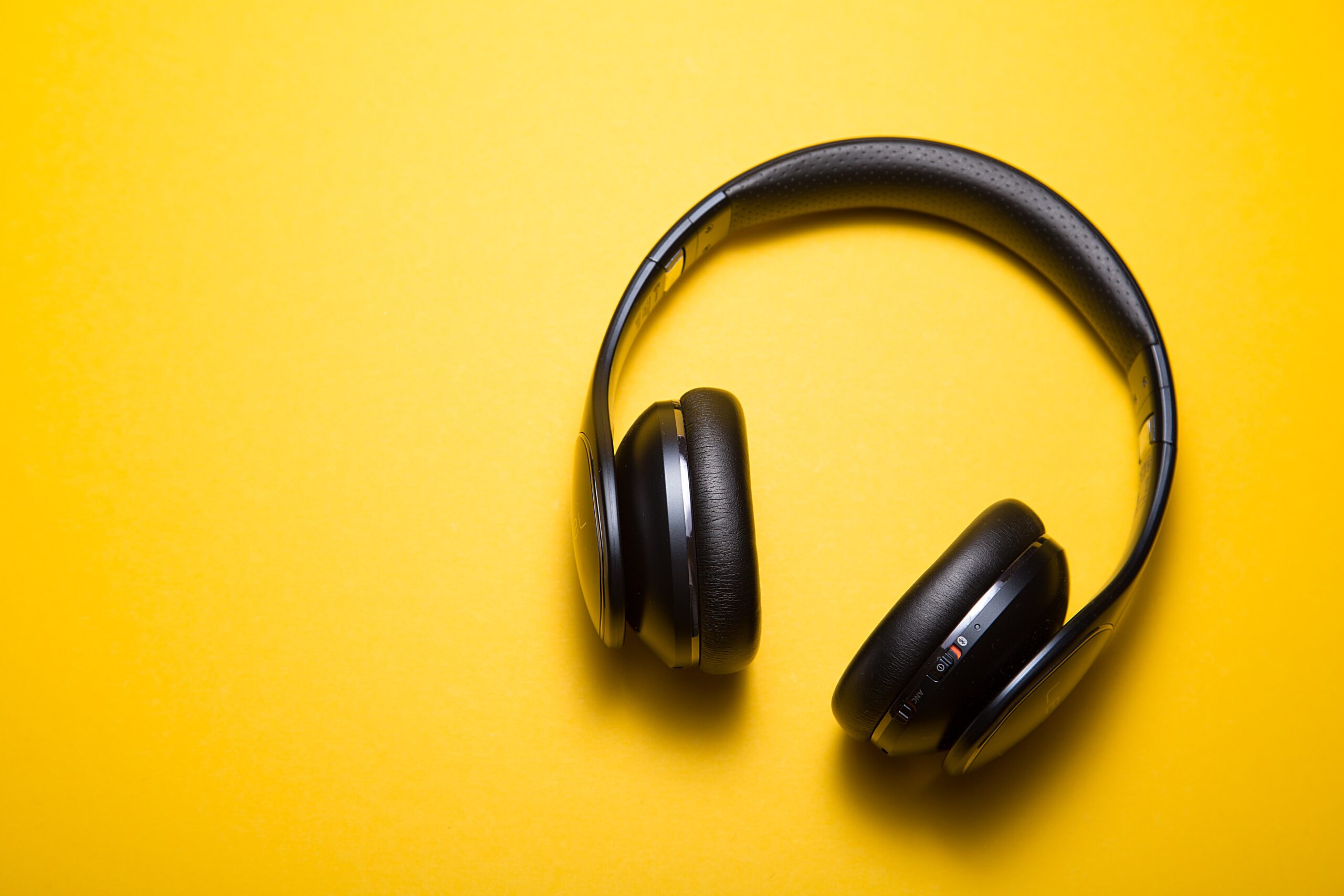Being a college student, I am often hesitant to outright purchase or even rent my college textbooks. Even more so when the course’s material is a trade nonfiction or fiction, which is common for my fine arts courses. I typically try to find these titles through the library, so imagine my surprise when nearly four years into my degree I discovered the Libby app.
Although it seems everyone but me knows about Libby, for those who aren’t familiar with it, Libby is an app which facilitates digital loans between you and your local library. I used a similar app before (cloudLibrary on Android), but it simply can’t compare to the selection and user interface of Libby. You can loan e-books, digital magazines, and audiobooks.
Now, despite my deep love of reading, I am awful at retaining information and reading without falling asleep (thanks ADHD). This is why Libby has been a game changer for me. I can now loan audiobooks of all my textbooks—no Audible subscription needed—and multitask my homework with something to keep my hands busy. I’m a big fan of fiber arts, but I can also take walks, clean my apartment, play a low-stakes video game, etc. Regardless of the activity, keeping my mind and hands stimulated means I’m exponentially more likely to retain the information than if I were to sit and read traditionally.
Audiobooks are not a new concept to me, of course, but were previously a luxury. It is simply not feasible for me to purchase the audiobook of every textbook I need to read, especially when it is often four to five books a class. I often had to choose between accessibility or not being able to participate in the discussions. Libby is a triple-win: it heightens my chances of finding an accessible way to digest the assigned text, cuts down on the financial burden for school, and supports the Multnomah County Library all at once.
People with ADHD also tend to take longer when processing information in test settings—which is something I struggle with as well—but thanks to Portland State’s Disability Resource Center, I have accommodations in place to ensure my success. In the case of testing, I’m allotted one-and-a-half times the standard amount of testing time so I can fully process the information. While I used to believe this was a hack, it is simply allowing me to participate on equal footing with my abled peers.
It’s not realistic to expect the DRC to provide accessible formats for every book assigned, but they can often help find alternatives for more standardized textbooks. Libby fills that gap for me. Often people with disabilities must dip into their own pockets for accessible accommodations, so finding a free option which lifts a burden many don’t even consider on a daily basis means quite a bit to me.
While I don’t speak for all disabled persons, I think many can attest to how exhausting it can be to constantly have to consider alternatives in order to be successful. Reading should be fun! It should provide an escape from these daily trivialities. Now that I am able to consume my assigned readings in a quicker, better fashion, I also have more time to read for pleasure. What used to take hours of attempting to absorb the text is now a breeze and delight.
So, don’t underestimate the power of an accommodation and what a difference it makes. If you’re looking to get into audiobooks again, but don’t want to pay for an Audible subscription, Libby is a great alternative option.
Written by Isabel Zerr.

